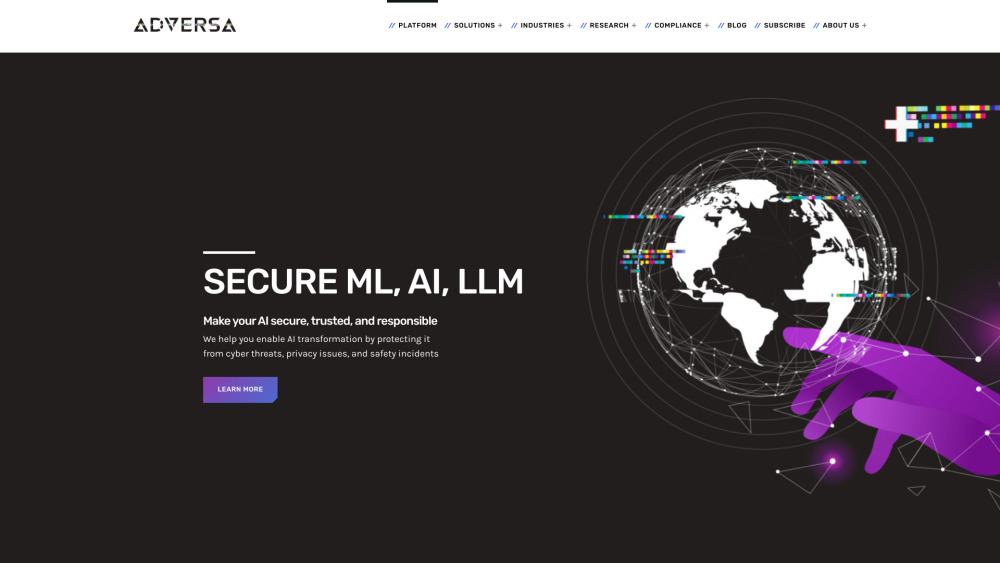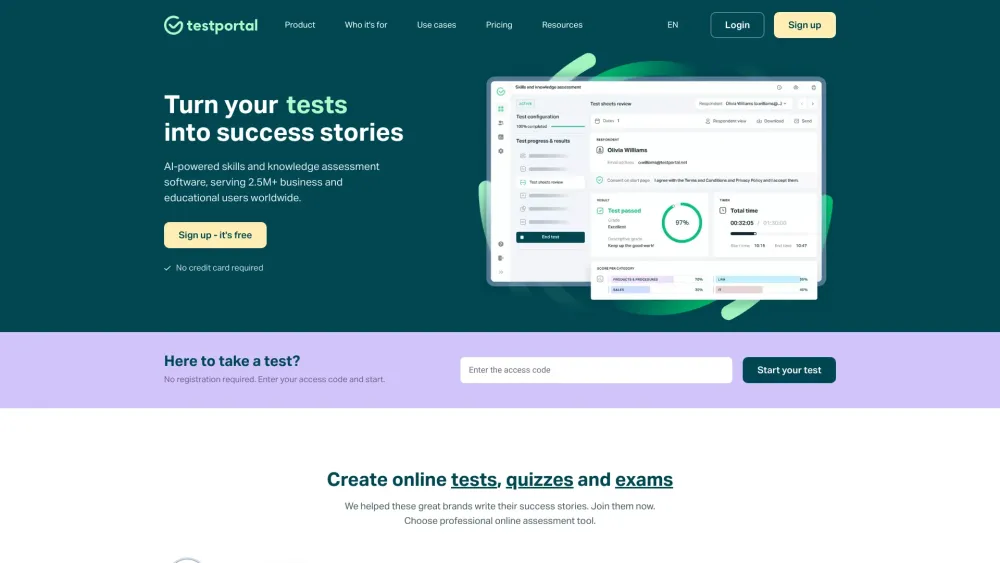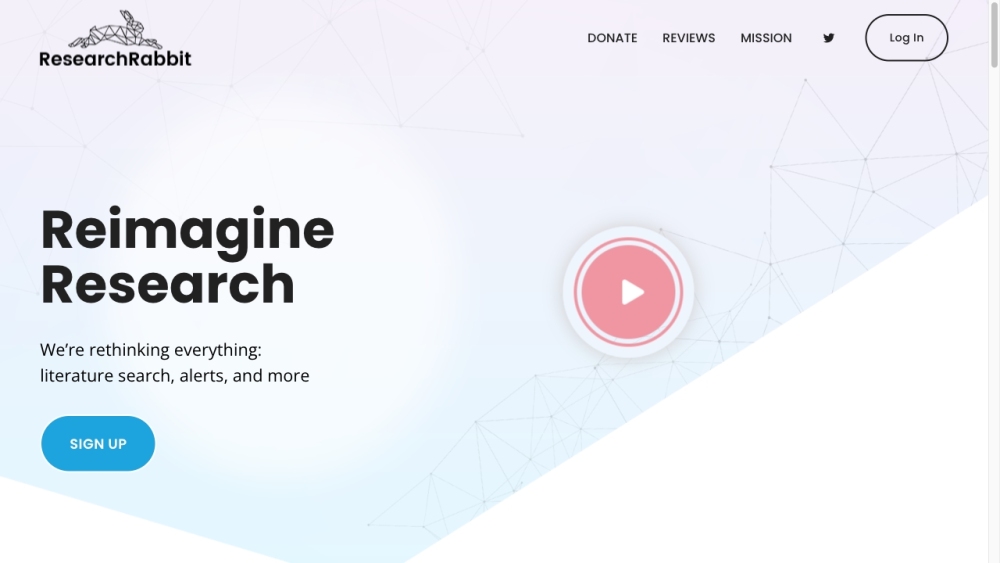Startup employees frequently embark on entrepreneurial journeys, drawing from the lessons learned while building a company from the ground up. However, not all experiences are positive; sometimes, a challenging exit can spark even greater resolve in founders seeking success.
Such is the case with the co-founders of Forward Earth: Cari Davidson (CTO), Giuseppe Gentile (CPO), and Micha Schildmann (CEO). Prior to launching their new venture, they held executive roles at carbon accounting startup Planetly. However, they were dissatisfied with their exit after the company's acquisition by risk-management platform OneTrust in late 2021.
OneTrust emphasized that their acquisition of Planetly was part of a significant investment in ESG (Environmental, Social, and Governance). Yet, less than a year later, Planetly was shut down, and its employees were laid off.
Discontent with that outcome, the three co-founders decided to regroup and start anew. This time, they adopted an AI-centric strategy, targeting the long tail of businesses—those smaller companies that larger solutions often overlook. Forward Earth has successfully raised €4.5 million in seed funding, with London-based Mosaic Ventures at the helm, joined by Speedinvest and European impact VC, Revent.
Chandar Lal, a principal at Mosaic Ventures, stating that the firm sought an AI-driven, automated solution. “We identified this team, who obviously had a chip on their shoulder after their unsatisfactory exit from Planetly. They sold for around $100 million but didn’t reap the economic benefits. So, they thought, ‘Let’s start over, with a clean slate. Now that LLMs are available, how would you tackle this issue?’”
Forward Earth is stepping into a competitive arena—rival companies like Climatiq and Greenly already assist clients in calculating their carbon footprints and emissions. Nonetheless, the co-founders believe their expertise in the sector positions them well, and they aim to deliver tailored solutions to the long tail of the supply chain, an area often neglected by others.
Forward Earth’s AI platform is designed to compute intricate CO2 footprints based on client data. The startup emphasizes supply chain transparency, enabling companies to assess both their suppliers' carbon footprints and those further down the chain.
Schildmann explained that this process typically involves a large consulting team, making it challenging for mid-market companies to scale. “Most solutions target large corporations,” he noted. “These often result in complex, investigative methods that are costly to implement. Access to reliable supplier data is crucial for achieving true transparency and comparability.”
Without this data, Schildmann warns that companies are forced to make too many assumptions. This is where Forward Earth’s AI and data capabilities play a transformative role. “We aimed to simplify the process for mid-market businesses, allowing them to generate data effortlessly by harnessing AI. It’s highly automated. Our software integrates seamlessly with existing supply chain, compliance, and procurement management systems.”
Schildmann refers to this approach as a “Trojan Horse” market strategy, as their software is distributed through established supply chain platforms. The platform also assists companies in fulfilling reporting obligations mandated by regulations like the EU’s Carbon Border Adjustment Mechanism (CBAM). Currently, Forward Earth operates in Europe and the U.S., with plans for expansion into Asia.
“We believe this is an entirely fresh approach to the market,” Lal stated. “Using Watershed, for example, requires a scale and budget that allow organizations to hire someone to conduct calculations, similar to hiring a consulting firm. This cost inefficiency is why mid-markets are often underserved. Our AI-driven approach aims to change that.”





